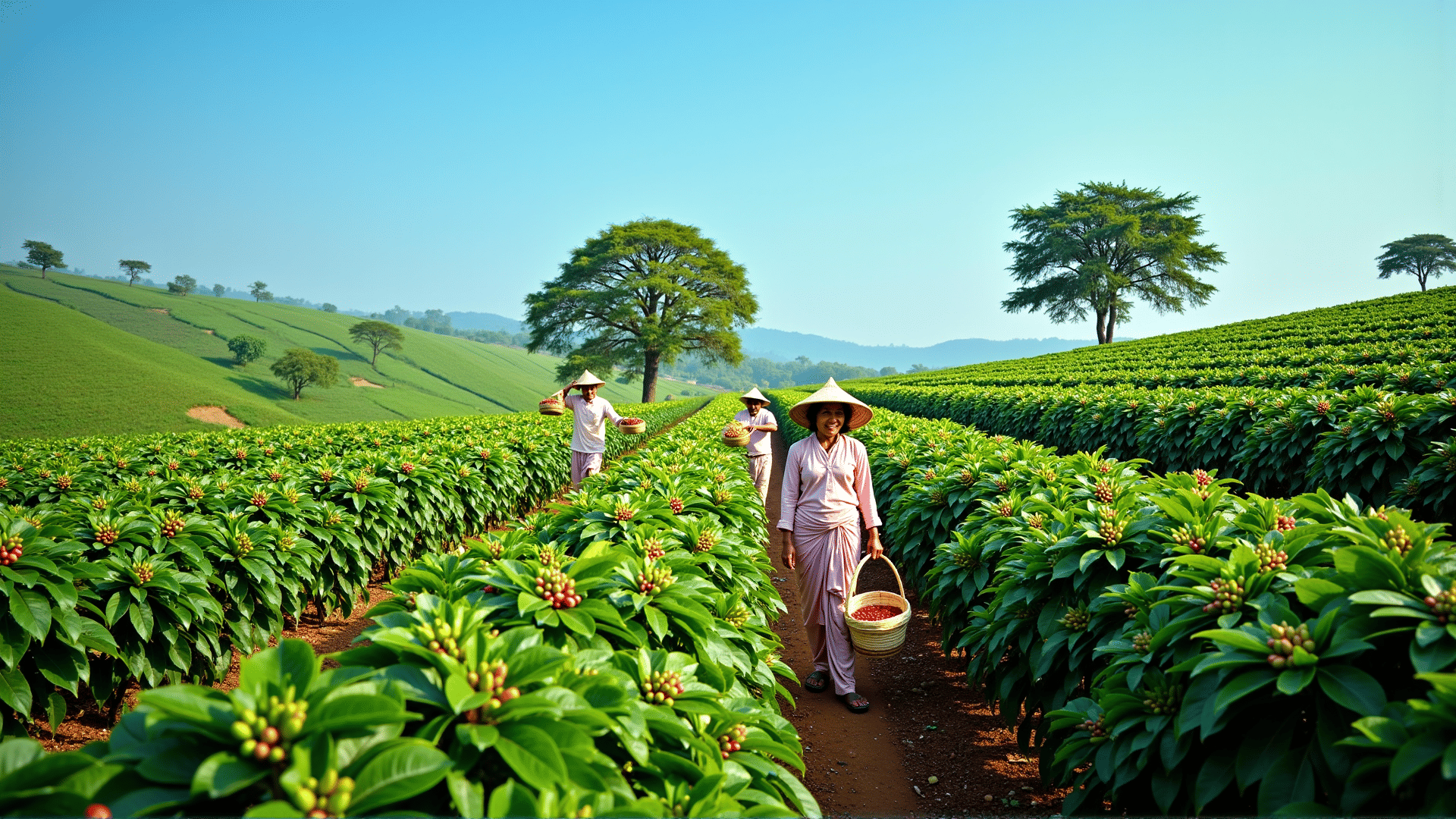In recent years, the importance of sustainable living and eco-friendly practices has become increasingly apparent. As a result, businesses across the globe are taking steps to minimize their environmental impact. Among these enterprises, coffee shops are making significant strides in adopting sustainable practices, demonstrating a commitment not only to delivering exceptional coffee but also to protecting our planet.
One of the fundamental eco-friendly practices within the coffee industry is the sourcing of sustainable coffee beans. This typically involves procuring beans certified by ethical and environmental standards such as Fair Trade or Rainforest Alliance. Such certifications ensure that farmers receive fair compensation for their work while also promoting environmental stewardship. These sustainable farms often employ methods that preserve biodiversity, reduce water usage, and limit chemical inputs, such as pesticides and fertilizers.
In addition to sourcing sustainable coffee, many coffee shops are actively reducing their carbon footprint by minimizing waste. A common strategy is implementing a robust recycling and composting program. By separating waste streams, coffee shops can significantly decrease the amount of waste sent to landfills. Additionally, some establishments have adopted the use of compostable or biodegradable packaging, cups, and utensils, which further reduces their environmental impact.
Another critical aspect of eco-friendly coffee practices is energy conservation. Coffee shops are increasingly investing in energy-efficient appliances and lighting systems to lower their energy consumption. For instance, transitioning to LED lighting and using energy-efficient coffee machines and refrigerators can substantially reduce the energy required to run a shop. These investments not only benefit the environment but also help businesses save on operational costs over time.
Water conservation is also a priority for many eco-friendly coffee shops. Implementing water-saving technologies, such as low-flow faucets and fixtures, can significantly reduce water usage. Moreover, some establishments embrace innovative practices like rainwater harvesting, which captures rainwater for irrigation or sanitation purposes, further promoting sustainability.
In an effort to engage with customers on an environmental level, many coffee shops offer incentives for eco-friendly choices. For example, providing discounts to customers who bring their reusable cups is a popular practice that encourages waste reduction. Likewise, offering reusable alternatives for napkins and straws, or incentivizing customers to return empty coffee bags for reuse or recycling, fosters a community-wide commitment to sustainability.
Education and awareness also play a crucial role in implementing and maintaining eco-friendly practices. By informing staff and customers about the importance of sustainability and encouraging active participation, coffee shops can become powerful advocates for environmental protection. Hosting workshops, participating in community clean-up events, and supporting local environmental initiatives are excellent ways to spread awareness and inspire others to adopt greener habits.
In conclusion, the commitment to sustainable practices in the coffee industry is more than just a trend; it is an essential step toward a healthier planet. By prioritizing eco-friendly methods—ranging from sustainable sourcing and waste reduction to energy and water conservation—coffee shops worldwide are setting a standard for environmental responsibility. Through these efforts, they continue to deliver exceptional coffee while making a positive impact on our planet, demonstrating that it is indeed possible to enjoy your daily cup of joe while caring for the environment.
